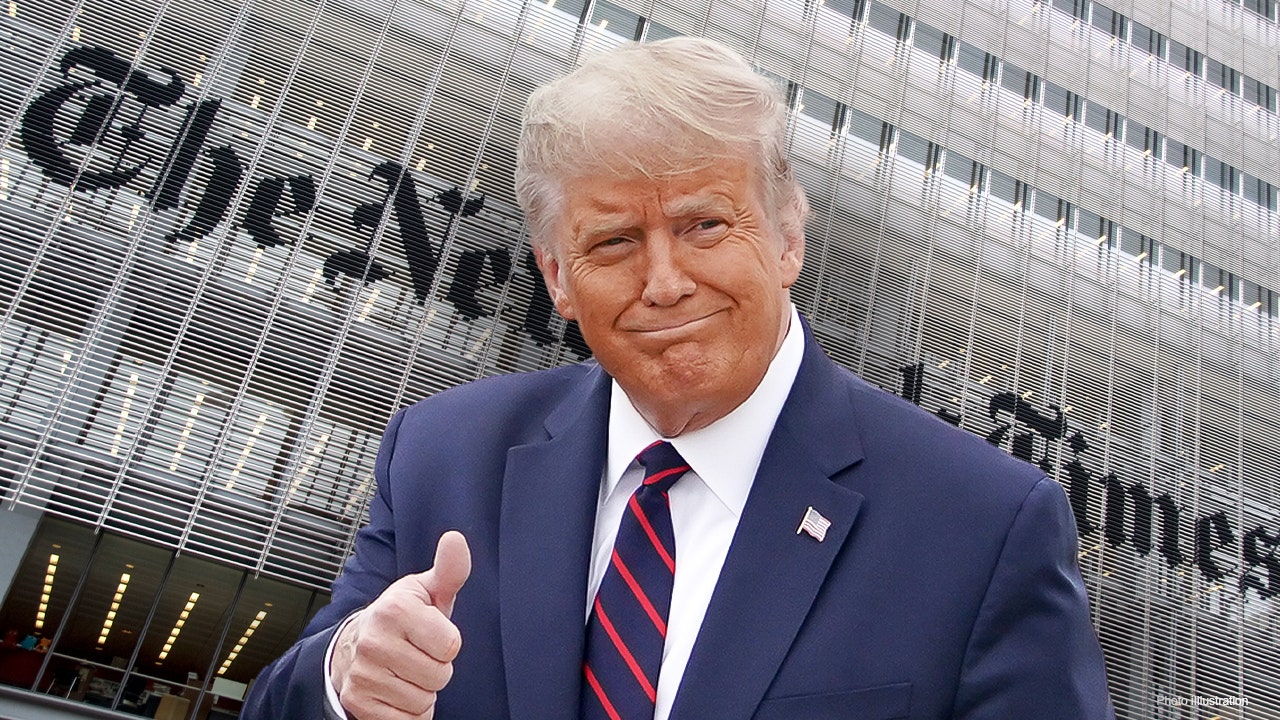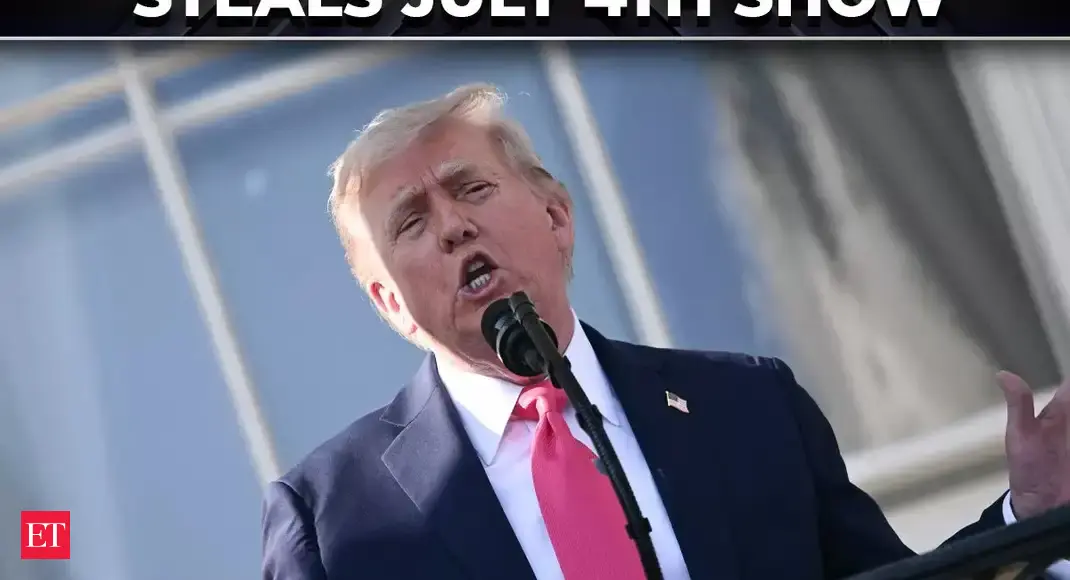Brussels, my love? Trump's trade war with the EU - the clock is ticking | Euronews
Published on
ADVERTISEMENT
The clock is ticking. On July 9th, Donald Trump’s punitive tariffs could go into effect, unless some last-minute miracle could avoid repercussions for European exporters from cars to pharmaceuticals.
Should the EU push for a quick trade agreement or keep fighting for a better deal? At last week’s EU summit, Germany and France were at odds over how to proceed. Are there any good options at all?
This is one topic for the guests of our talk show this week: Frank Furedi, executive director of the Hungarian think tank MCC Brussels, Cynthia Ni Mhurchu, member of the European Parliament for Renew (Ireland) and Dirk Gotink, member of the European Parliament from the European People’s Party (Netherlands).
Since taking office for the second time in January, Donald Trump has antagonized the EU more than ever. And as of July 9th, European goods going to the United States could face a 50 percent duty, as threatened.
Trump’s pressure is forcing the European Union to make difficult choices: to fold, hold the line or even escalate the trade dispute.
Peace offers by Commission president Ursula von der Leyen have fallen on deaf ears in Washington so that Brussels recently floated the idea of teaming up with the Asia Pacific trade bloc, which also includes the United Kingdom.
It’s until mid-July that the EU has suspended levies on certain US goods to allow more time for negotiations. But time is now running out!
Second topic: The illegal march that was so popular… Hungary’s ban of this year’s pride parade ended up being a slap in the face of prime minister Viktor Orban.
A few months ago, the ruling parties in Hungary attempted to ban the annual Budapest Pride march through a series of constitutional and legislative amendments on the grounds that it violated the rights of children and endangered their healthy development.
We all know what happened then. The march became a municipal event in which well over a hundred thousand people participated. It morphed into a powerful statement on the rights of the LGBTQ community not only in Budapest, but across Europe. The strong presence of EU politicians testified to that.
What are the consequences for Viktor Orban? Is he weakened now politically, at least on the European level? Was this just a battle in the culture war that he lost or did he lose the war as well?
Finally, the panel discussed the heatwave that continues to grip large parts of Europe, from England to Romania, with authorities in many regions issuing health warnings amid searing temperatures.
Southern Spain has been the worst-affected, with temperatures in the mid-40s Celsius recorded in Seville and neighboring areas. Heatwaves are becoming more common and more intense, if greenhouse gas emissions are not significantly curtailed. But that is easier said than done.
Scientists say, June heatwaves with three consecutive days above 28 degrees are about 10 times more likely to occur now compared to pre-industrial times. Are we prepared for that as a society?
This week, the European Commission presented its proposals for reducing CO2 emissions at a time when the European Green Deal is being called into question. What is wrong with Europe’s climate policy?









